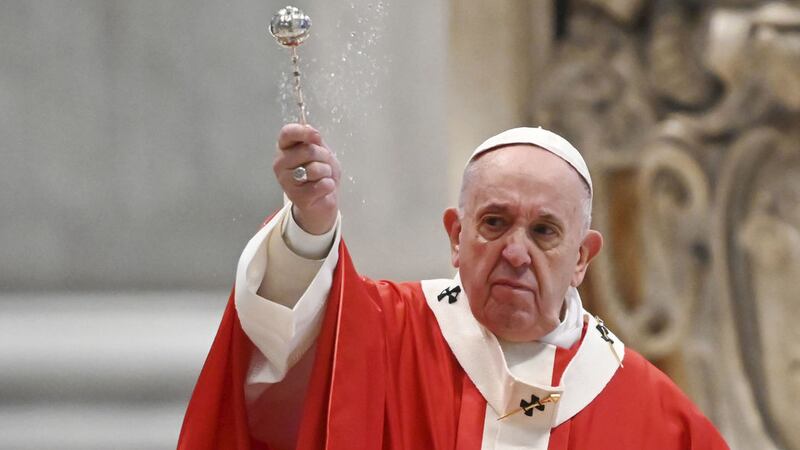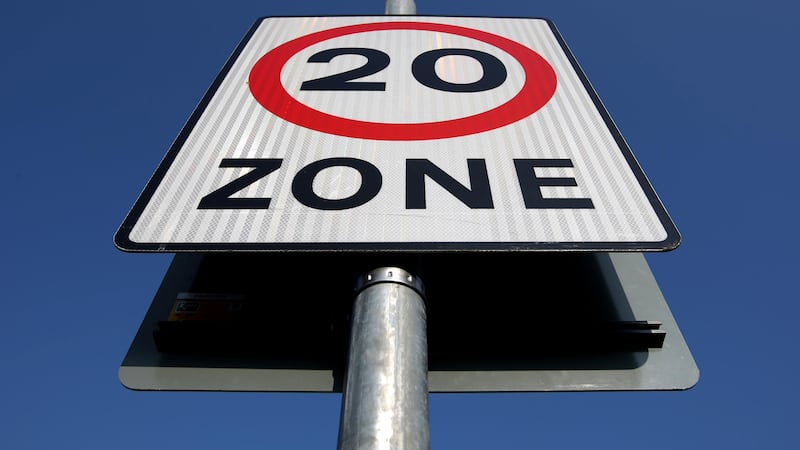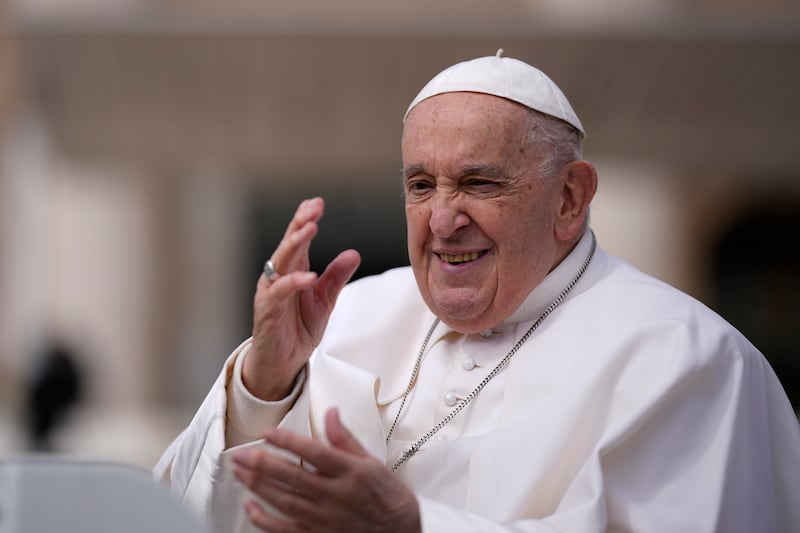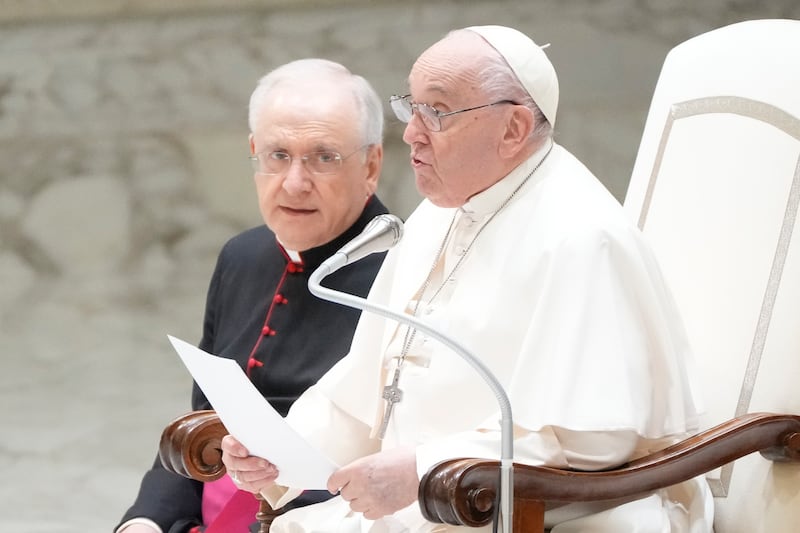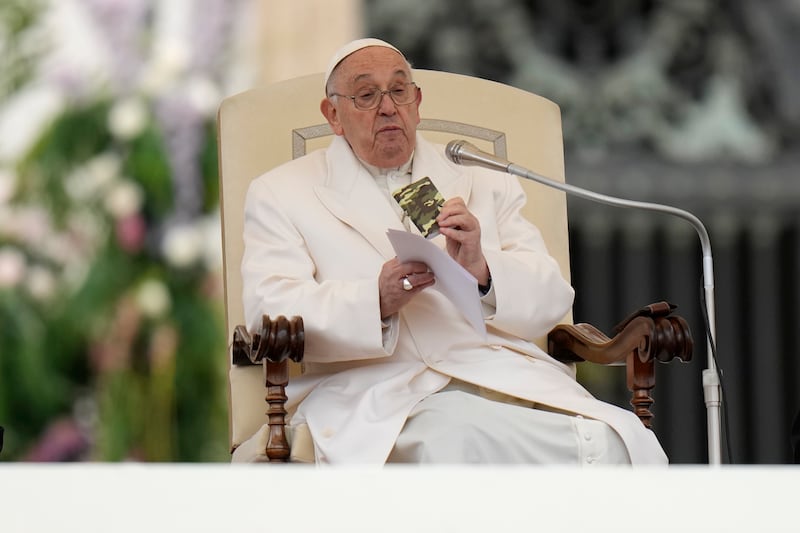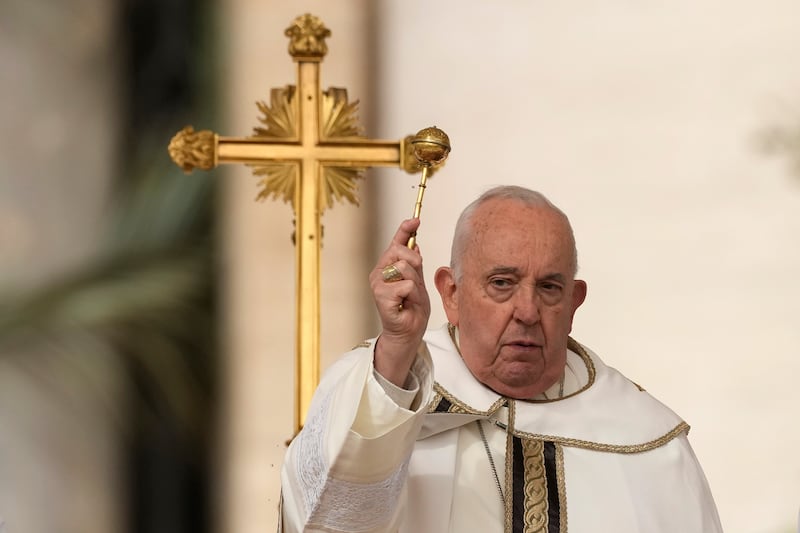POPE Francis has created a commission to examine whether women can be deacons in the Catholic Church.
It is the second time during his pontificate that he has ordered the issue to be examined.
The diaconate is an ordained role which is currently reserved for men, included those who are married.
Though they cannot celebrate Mass, deacons do have the authority to perform many of the same functions as priests, including conducting weddings, baptisms and funerals.
Some Protestant denominations already ordain women as deacons, as well as ministers and bishops, but ordination is not open to women in the Catholic tradition.
It holds to an exclusively male priesthood, for reasons that include tradition and the fact that Jesus chose men as his apostles.
Many in the Church regard deacons as being able to play a significant role in easing the pressure on priests, who are growing older and fewer in number while also facing increasing parish commitments against the backdrop of a decades-long fall in vocations.
The 10-member commission is made up of five men and five women.
Its president is Archbishop of L'Aquila, Cardinal Giuseppe Petrocchi, with Fr Denis Dupont-Fauville, an official from the Congregation for the Doctrine of the Faith, as secretary.
In 2016, Francis established a commission to study the role of female deacons in the early Church, a move made in response to demands that women be given wider roles in today's Catholic Church.
Its work petered out, with the Pope sayings its findings were inconclusive, but the issue was given fresh momentum at last year's synod on the Amazon, where the shortage of priests is an acute problem.
In his final address to the synod, Francis talked about how greater creativity needed to be applied with regard to new ministries in the Church, specifically mentioning the role of women and permanent deacons.
"I would just like to underline this: we still have not realised what women mean in the Church," he said.
"The role of women in the Church goes far beyond mere functionality."
